Djibouti to Ethiopia: “We’re Not the Crimea of Africa”
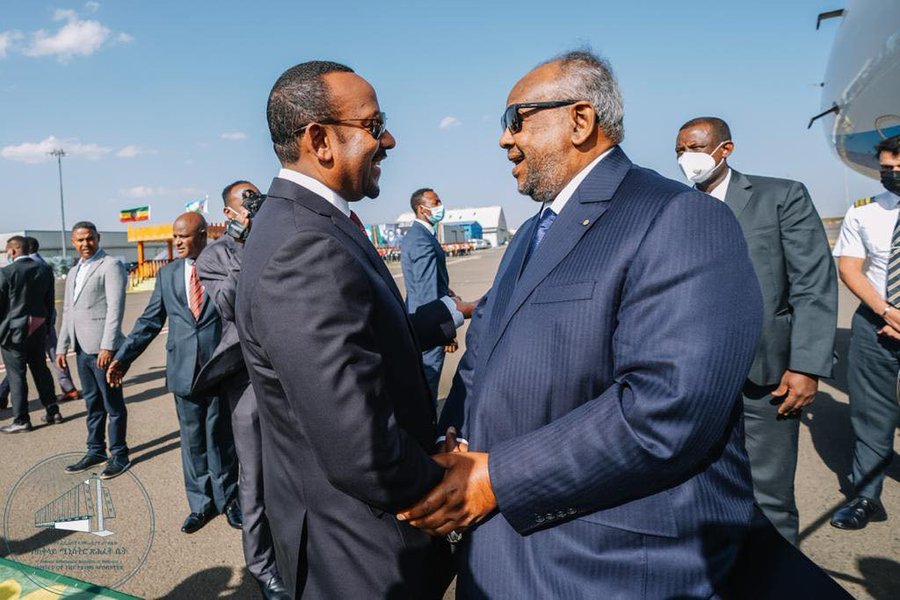
Djibouti to Ethiopia: “We’re Not the Crimea of Africa”
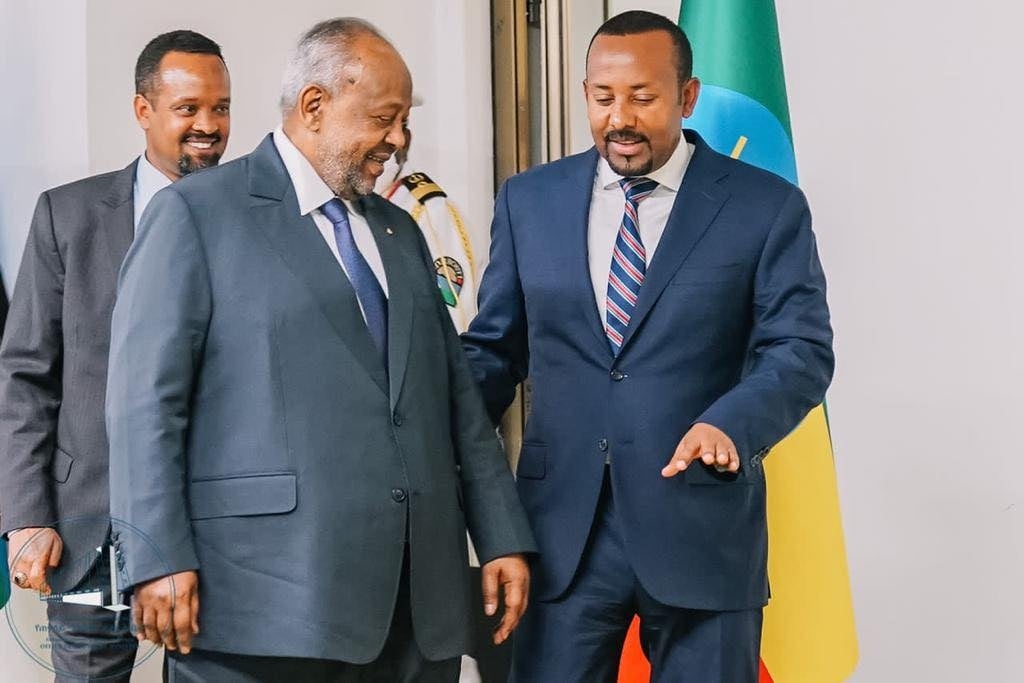
Ethiopian Prime Minister Abiy Ahmed bids farewell to Djibouti President Ismail Omar Guelleh at Bole International Airport on March 29, 2022. (Photo: ENA)
Djibouti’s President Guelleh rejects naval base proposal and reaffirms national sovereignty.
Original article in Italian: AffarItaliani
Djibouti’s President Ismail Omar Guelleh has firmly rejected Ethiopia’s proposal to establish a naval base on Djiboutian territory, stating that his country does not intend to become “the Crimea of the Horn of Africa.”
In a recent interview with Jeune Afrique, Guelleh, 77, in power since 1999, clarified that while Djibouti is open to commercial use of its port infrastructure by Addis Ababa, any form of exclusive concession or foreign—especially Ethiopian—military presence is out of the question.
“The Ethiopians asked us for an extraterritorial corridor and a naval base. But that’s not what was discussed,” said the president. “We had proposed joint management of the port of Tadjourah, but their request is unacceptable.”
Tensions Rise Over Red Sea Access
The issue of sea access has reemerged as a central concern in Ethiopian foreign policy. Since Eritrea’s independence in 1991, Addis Ababa has had no direct access to the sea. Prime Minister Abiy Ahmed has repeatedly emphasized the strategic urgency of securing a port—even through “unconventional means”—alarming neighboring countries.
“I believe Abiy has realized this cannot be a show of force,” Guelleh added, highlighting Turkey’s constructive role in mediating tensions.
Djibouti: A Small Country with Strategic Weight
With a population just over one million, Djibouti controls the Bab el-Mandeb Strait, a vital maritime chokepoint between the Red Sea and the Gulf of Aden, essential for trade between Europe, Asia, and East Africa. Because of its strategic position, the country hosts military bases from the United States, France, China, Japan, and Italy—a geopolitical “umbrella” that deters regional ambitions.
During the interview, Guelleh did not rule out running for reelection in 2026, emphasizing his role as guarantor of sovereignty and national stability.
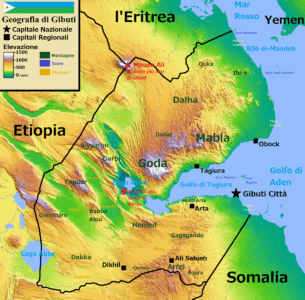
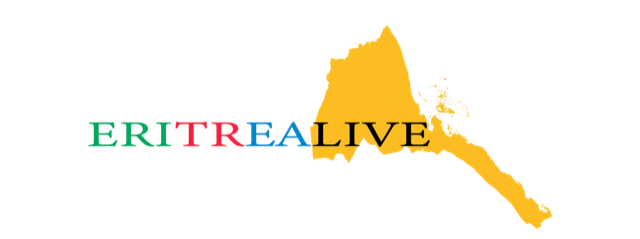

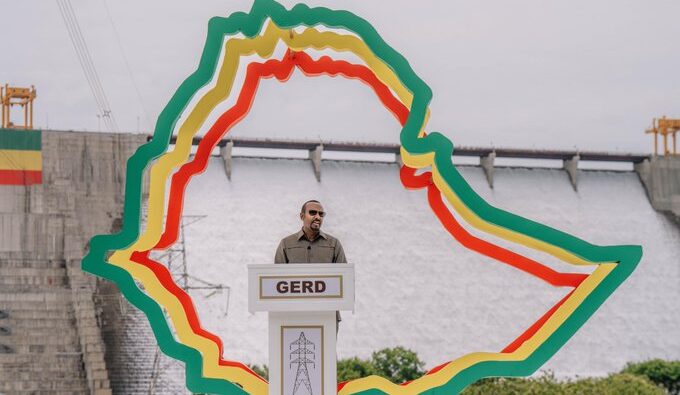
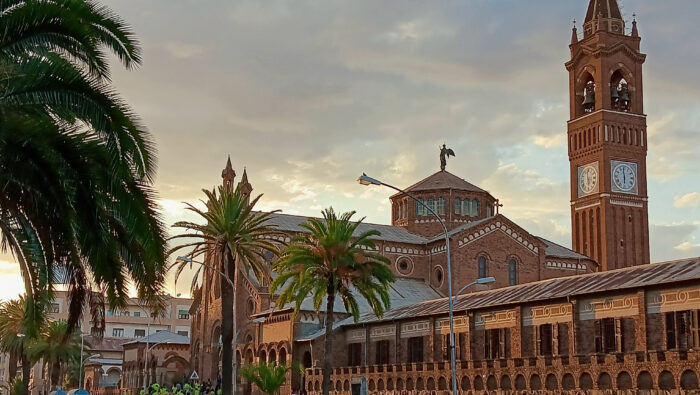
Lascia un commento